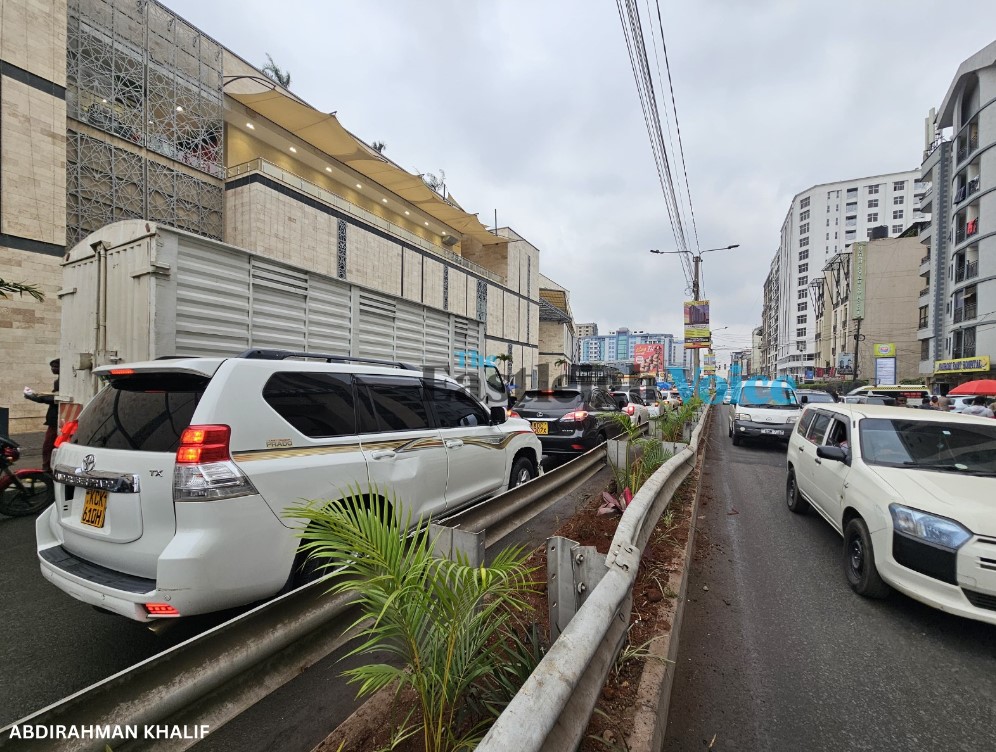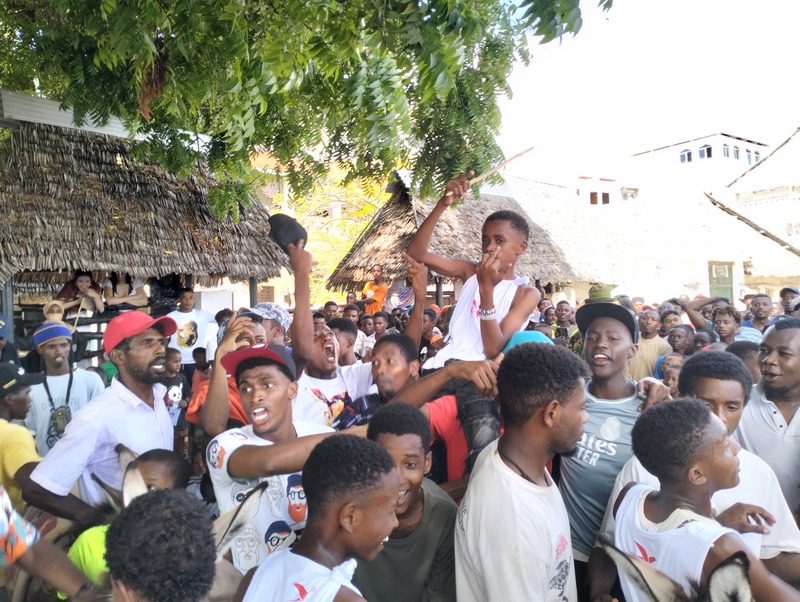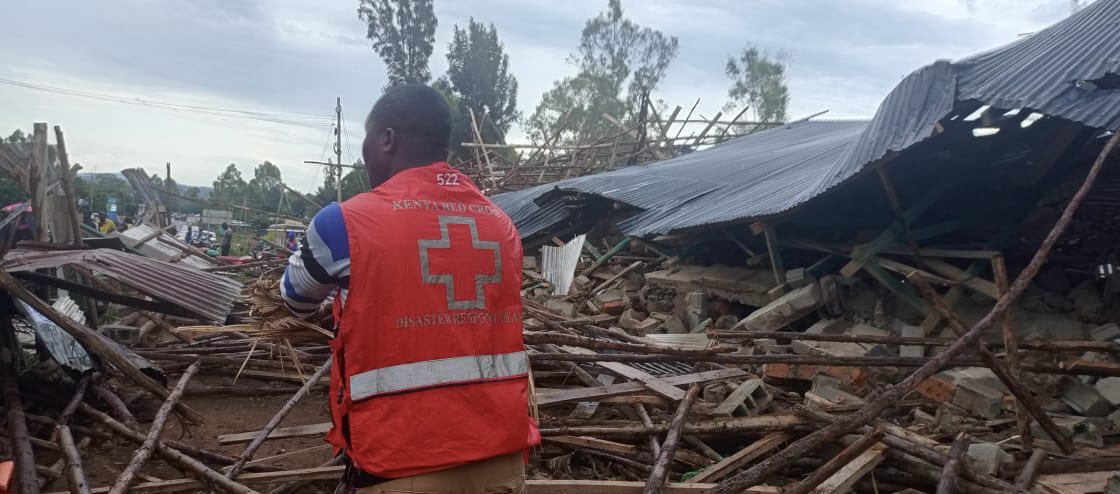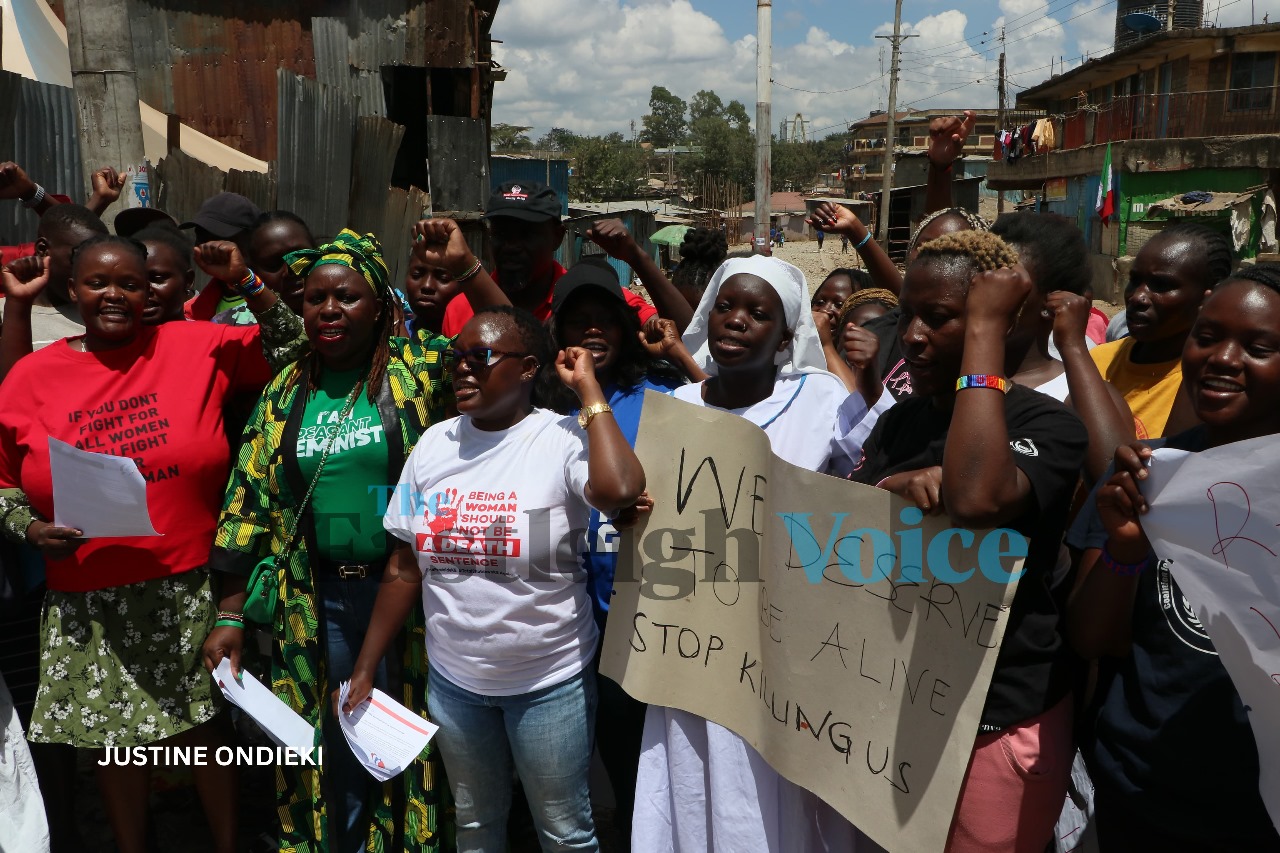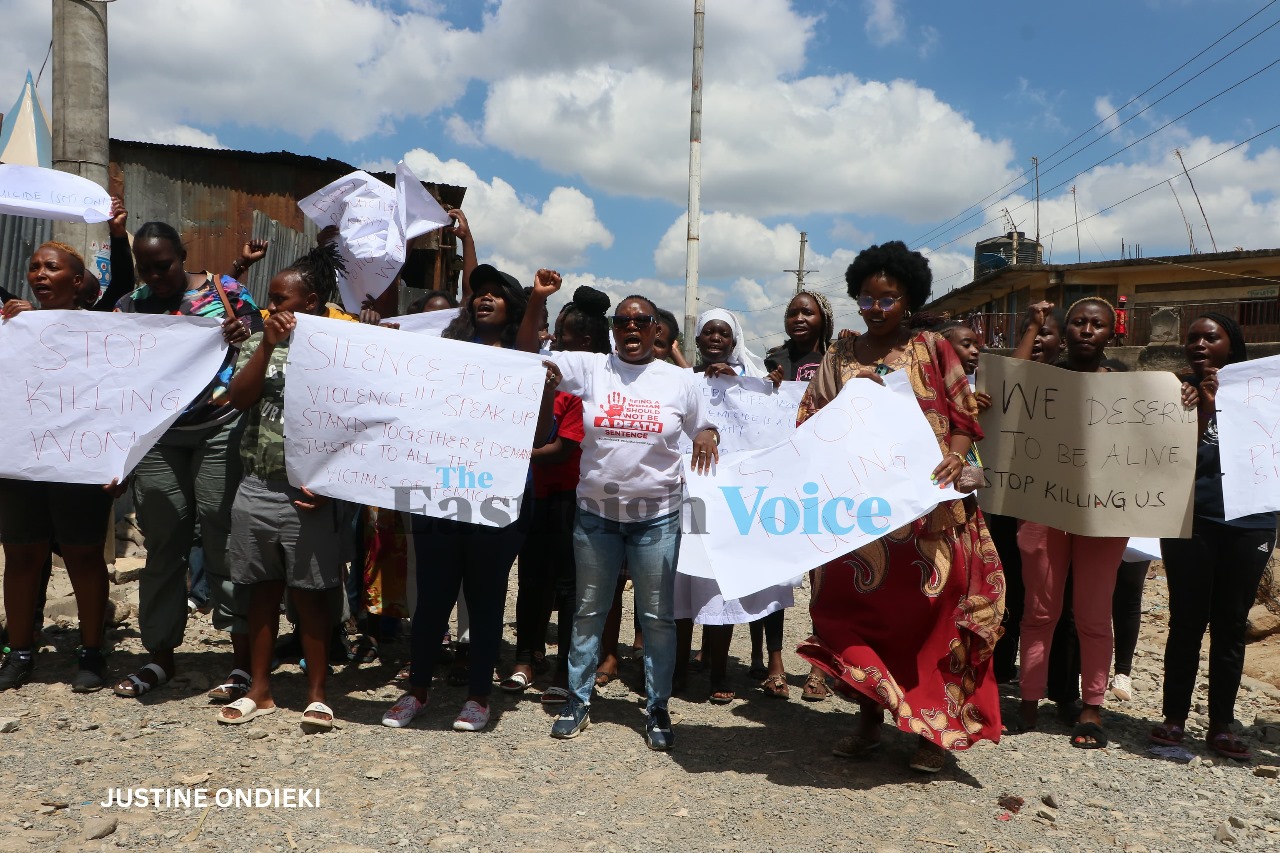State embarks on a study of rising femicide cases in the country
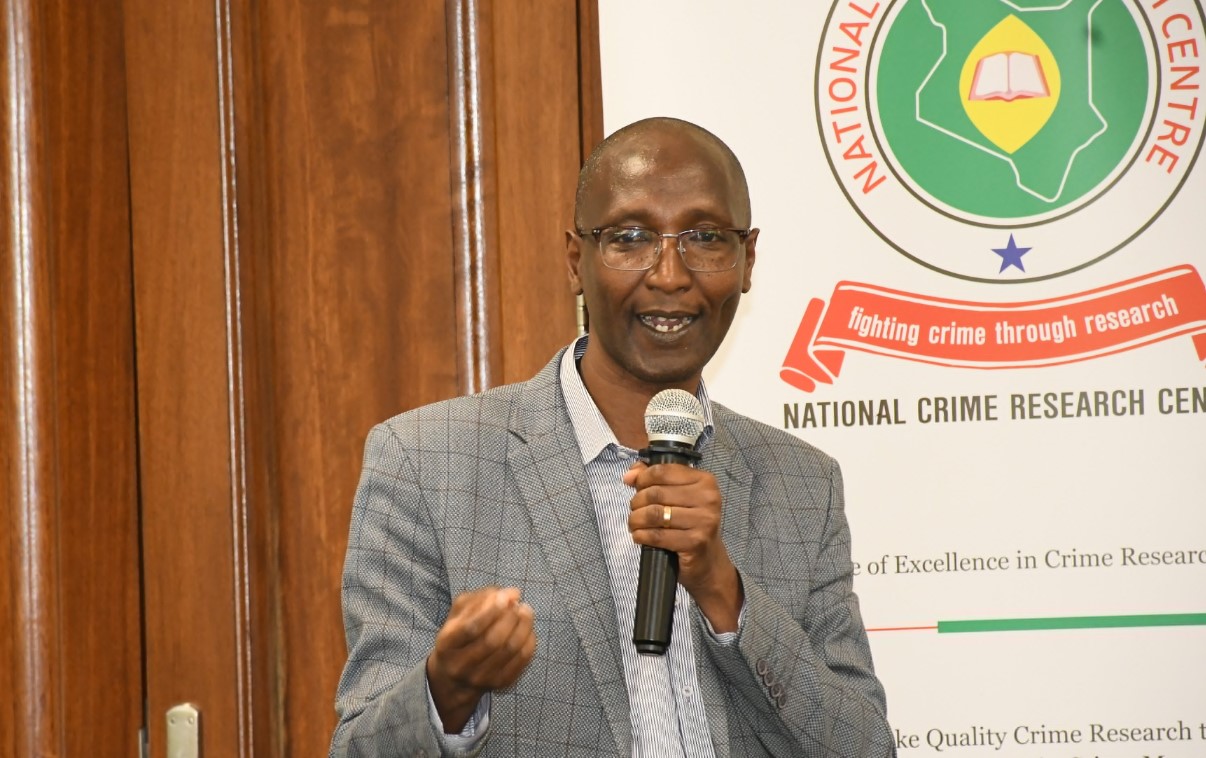
By Mary Wambui |
The study will also seek to establish whether the crimes are committed by individuals or groups of people.
The National Crime and Research Centre (NCRC) has embarked on a study to understand the causes and patterns surrounding rising cases of femicide cases in Kenya, following revelations that over 100 women were killed in the last three months across the country.
NCRC Director Mutuma Ruteere said the study will also seek to establish whether the crimes are committed by individuals or groups of people and whether there are similarities in the characteristics of the victims to be able to advise government agencies on suitable deterrence strategies.
Keep reading
- Kenya grapples with alarming surge in GBV, femicide after 100 women murdered in four months
- LSK, human rights groups demand police reforms after release of detained activists
- State mulls establishment of fund to tackle Gender-Based Violence amid rising cases
- Human Rights groups condemn police brutality against femicide protestors in Nairobi CBD
"We are hoping to have a study in the next couple of months, you know research takes time. We are working on it, looking at the data, trying to understand the patterns and the context," he said.
He spoke during the launch of the centre's 2023-2027 strategic plan and five key research reports around security and administration of justice in the country.
According to him, it will be critical for the centre to look at data from a long span of time that allows the researchers to understand the patterns that manifested then and whether there are similarities with the patterns that are being witnessed today.
Understand patterns
"Remember crime is as old as human beings and almost nothing is new, what is happening now is probably something that has happened before, so we want to understand the patterns and why. Hopefully, in the next couple of months, we should have a report," Ruteere said.
When a similar rise in femicide cases happened in the 1980s the former Criminal Investigations Department (CID) set up Spider Squad to attend to the surge in similar cases then domiciled in the Rongai area and its environs.
The team was composed of female detectives in the operation that helped bring the cases down.
In following the same footprints, DCI Director Amin Mohamed in January this year announced that a specialised team of investigators from the Homicide Unit had received clear instructions to expedite the probe into serious sexual offences and murders involving women, to curb the alarming trend of femicide in the country
The team of criminal intelligence analysts and forensics experts was also directed to jointly with stakeholders develop swift and comprehensive strategies against what the director described as an egregious violation of human rights.
As to whether the squad has achieved its mandate with the current police data showing that over 100 deaths of women occurred in the last three months, Ruteere said the complexity of the crime calls for a more holistic approach to its management.
"Majority of the victims actually get killed at homes, this is even much more complex than having a special unit or a squad," he noted.
He, however, pointed out that a special unit may give value for such a time as this when there is a surge.
"That is a decision of the DCI since they are the ones with the expertise. But given the complexity of it, femicide cannot just be solved by a unit because some contexts have shown that women are killed actually by people they are familiar with or known to them, either within the family or linked in one way or another so there are other areas that you actually need to look at to actually prevent this problem from continuing," he said.
The National Police Service is seeking to adopt this approach as indicated by the Deputy Inspector General of Police Eliud Lagat, who in a press briefing on October 30 said the service is committed to robust measures aimed at combating femicide.
"Through targeted strategies and collaborative efforts with various stakeholders, we seek to establish a safer environment for women and ensure comprehensive investigation and prosecution of all femicide cases," he said.
In the first half of 2019, the country experienced a wave of Intimate Partner Violence (IPV) that saw over 40 women and five men killed by a current or ex-partner.
That, coupled with an earlier recognition by security agencies that IPV had become common and normalised at the time triggered a study that revealed that the individual risk factors underlying male perpetrators of intimate partner violence were mainly envy/jealousy; mental disorders manifesting in the forms of uncontrolled anger by men as well as societal risk factors that threatened the male position in the society, poor parenting; internet/ technology, lack of respect for the marriage institution and breakdown of social/societal norms respectively.
The NCRC Director, however, noted that the study on femicide cases in the country will be different.
"This is because the concern is not just about a rise in femicide but also that of homicides. We want to understand if that is true or not, is it a surge of violent crime in general or is it a particular crime? Unless we sit down and look at the data, it's really hard to make a determination. It could be a surge in violent crimes generally, we do not know yet," he said.
Serial killers
As to the puzzling use of extreme methods of killing and disposing of bodies as witnessed with the discovery of boiled bones belonging to one of Hashim Dagane's victims, the centre is yet to establish the cause of that trend that could range from a rise in serial killers, use of drugs
"When you look at some of the most bizarre killings, sometimes they are linked to serial killers, other studies talk of the copycat phenomenon. Understanding the psychology of these suspects needs experts," he explained.
The strategic plan will enable the centre to focus on regular crimes that are common in every society such as those relating to property, assault and homicide but at the same time, give it the impetus to delve into new forms of crime that involve technology, criminal gangs, those related to trends in the economy as well as environmental and terrorism.
Reader comments
Follow Us and Stay Connected!
We'd love for you to join our community and stay updated with our latest stories and updates. Follow us on our social media channels and be part of the conversation!
Let's stay connected and keep the dialogue going!



